A home security system is a crucial investment for homeowners who want to protect their property and loved ones. However, installing a security system requires careful planning and selecting the right materials. This article will discuss the essential materials needed to install a residential security system.
Sensors and Detectors
Sensors and detectors are the backbones of any security system. They detect intrusions and other potential threats and trigger the alarm. Door and window sensors are the most common type of sensor used in home security systems. They are installed on the frame of the door or window and detect when the door or window is opened. Other types of sensors include motion sensors, glass break detectors, and smoke detectors.
Control Panel
The control panel is the command center of the security system. It is typically mounted on a wall and is used to arm and disarm the system. The control panel also communicates with the sensors and detectors and sounds the alarm when a threat is detected. Some control panels also come with a touchscreen display, making it easy to operate.
Keypad
The keypad is used to arm and disarm the security system. It is usually installed near the front door or garage entrance for easy access. Keypads come in various styles, including traditional push-button, touchscreen, and even wireless options.
Siren or Alarm
The siren or alarm is the most noticeable component of a security system. It is designed to alert homeowners and neighbors of a potential threat. Sirens are typically mounted on the exterior of the home, while alarms can be placed inside the home.
Monitoring Service
Monitoring service is an optional but highly recommended component of a home security system. Monitoring services provide 24/7 surveillance of the home and will contact emergency services in the event of a break-in or other emergency. Some monitoring services also provide remote access to the security system, allowing homeowners to control the system from anywhere.
Power Supply
A reliable power supply is essential for any security system. Most systems are powered by electricity, but a backup battery is recommended in case of a power outage. Some systems also come with a cellular backup option, ensuring that the system will continue to function even if the power and internet go out.
In conclusion, installing a home security system requires careful consideration and planning. The essential materials needed for a residential security system include sensors and detectors, a control panel, a keypad, a siren or alarm, a monitoring service, and a reliable power supply. Homeowners should consult with a professional security company to ensure that their system is properly installed and configured to meet their specific needs.
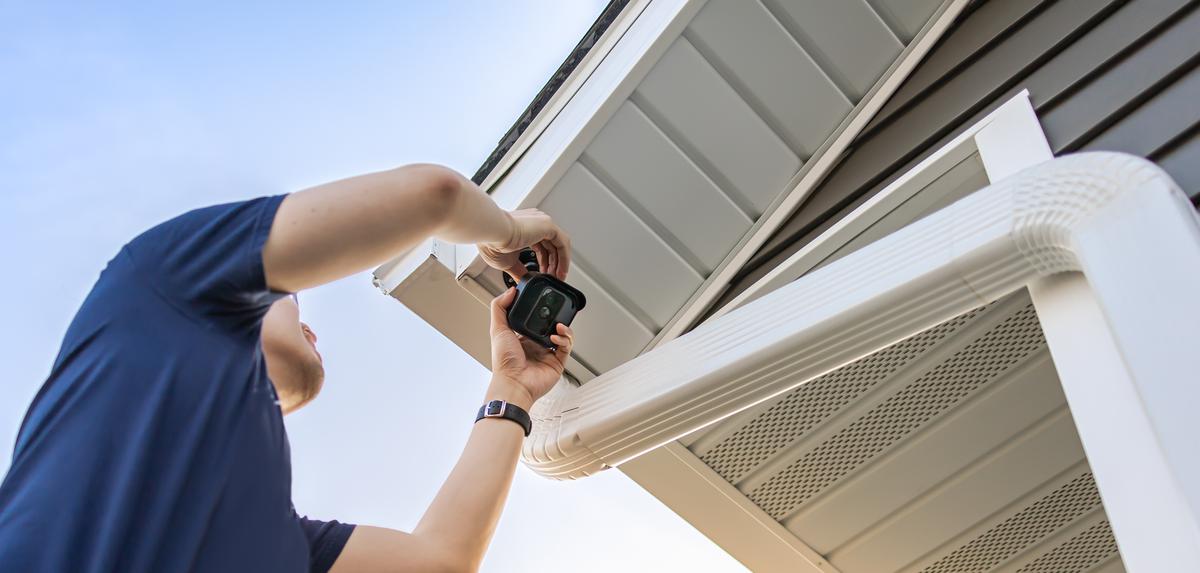

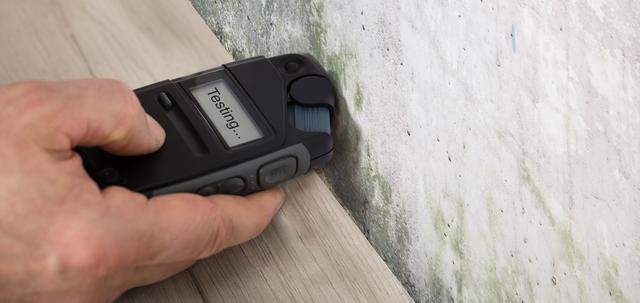
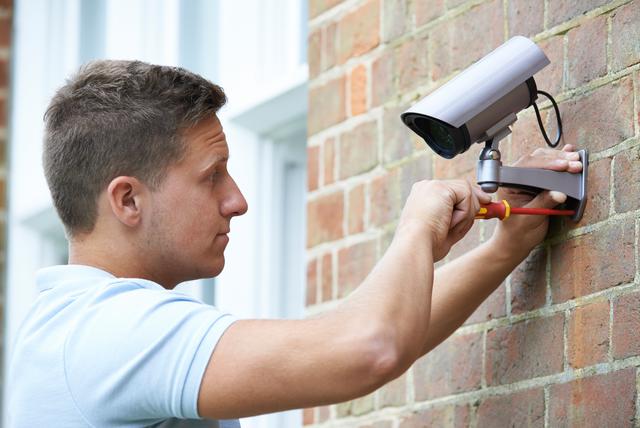
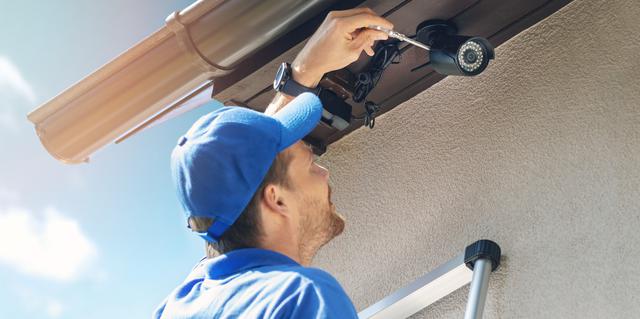
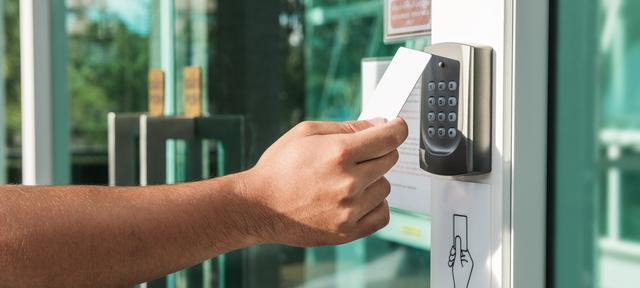
comments